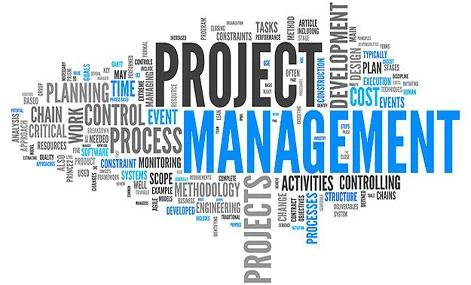
Contract Management
Contract management is a critical aspect of any construction project, serving as the cornerstone that ensures the project is completed in adherence to the timeline, budget, regulations, and quality standards.
What is contract management in construction?

Contract management in construction is the process of overseeing and administrating contracts between various parties involved in a construction project. It encompasses activities such as the negotiation of contract terms, monitoring compliance with agreed-upon conditions, and facilitating dispute resolutions.
Effective contract management is vital for construction project success, including staying within budget and adhering to timelines.
Construction contract management core objectives

The process of properly managing contracts in construction projects has many goals, but the 5 most important objectives include:
- Ensuring Timely Completion: Overseeing that all project milestones and final deliverables are met within agreed-upon timelines.
- Maintaining Budget Control: Monitoring and managing costs to ensure the project stays within the defined budget constraints.
- Upholding Quality Standards: Ensuring all work adheres to or exceeds the quality specifications outlined in the contract.
- Confirming Legal and Regulatory Compliance: Making sure all contract activities are in alignment with applicable laws, regulations, and industry standards.
- Facilitating Effective Communication: Serving as the central point for communication between all contract parties to aid in the swift resolution of issues and changes
Why is contract management important in the construction industry?
Contract management is important in the construction industry because it serves as the framework for how projects are executed and completed. It helps in maintaining control over budget and timelines, ensuring that projects are delivered as planned. Effective contract management also ensures contract compliance with legal requirements and quality standards, reducing the risk of disputes and project failures.
Below you can find the 4 most important reasons why contract management is essential in the construction industry.
Cost-efficiency

Effective contract management is critical for cost-efficiency in construction projects. It helps set realistic budgets and closely monitors spending. Any deviation from the budget can be quickly identified and addressed.
In short, contract management helps ensure that funds are utilized in the most efficient manner, minimizing waste and maximizing value.
Timely completion

Contract management is essential for ensuring that construction projects are completed on schedule. Through clearly defined milestones and deadlines in the contract, all parties know what is expected and when.
Regular monitoring and adjustments help keep the project on course. As a result, delays are minimized, which can save time and potentially reduce costs.
Legal compliance

Compliance with legal requirements is non-negotiable in construction projects. Contract management helps ensure that all work is in accordance with local, state, and federal laws. This includes compliance with safety standards, environmental regulations, and building codes.
By implementing effective contract management practices, the risk of legal issues can be significantly reduced. This can lead to fewer delays and penalties, ultimately benefiting the involved parties.
Quality assurance

Quality assurance is another crucial aspect handled through contract management. The contract specifies the quality of materials to be used, workmanship standards, and the final deliverables.
Continuous monitoring and inspections help to ensure that the project meets or exceeds these standards. This not only ensures client satisfaction but also helps to avoid costly revisions and rework


